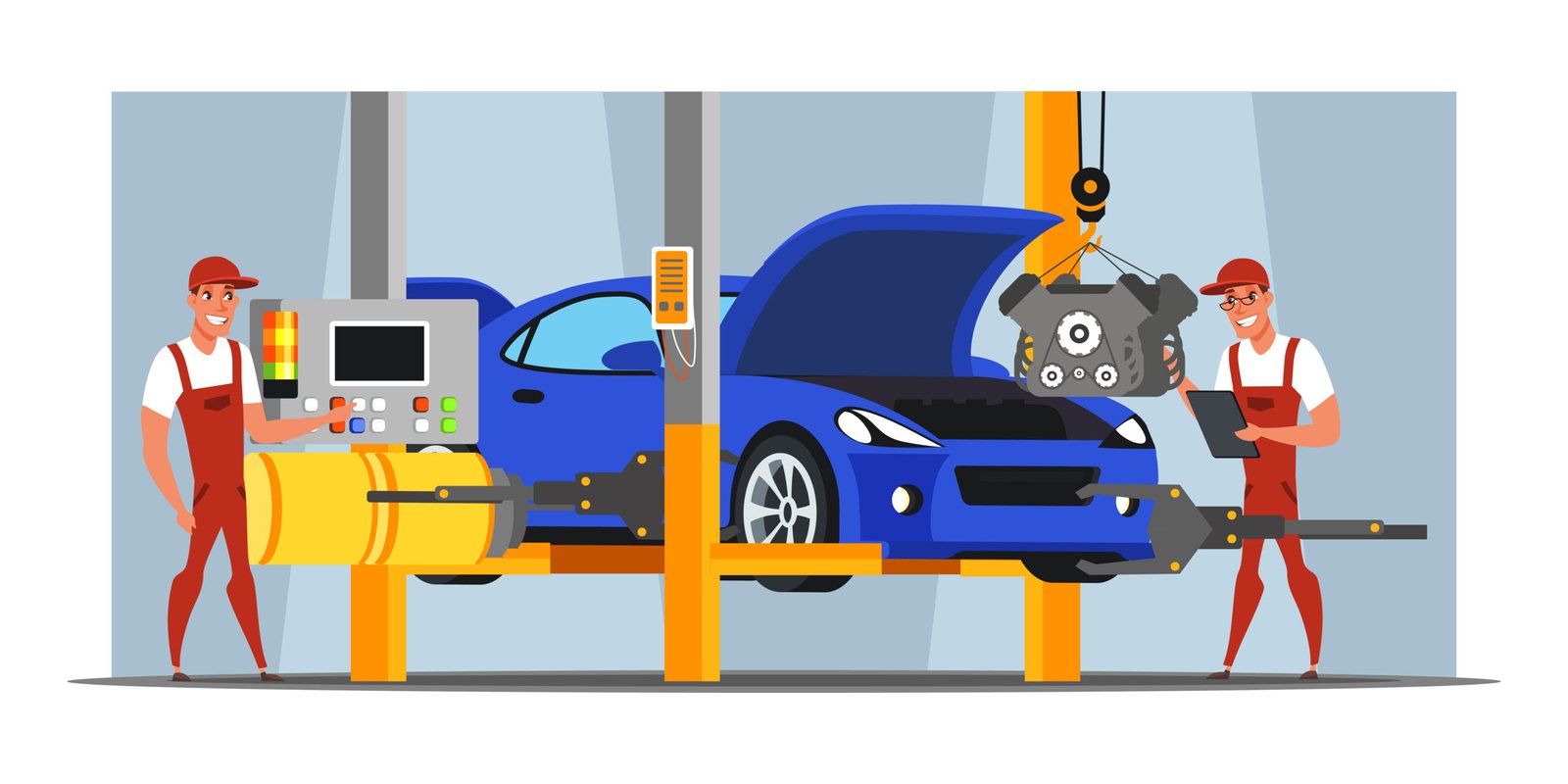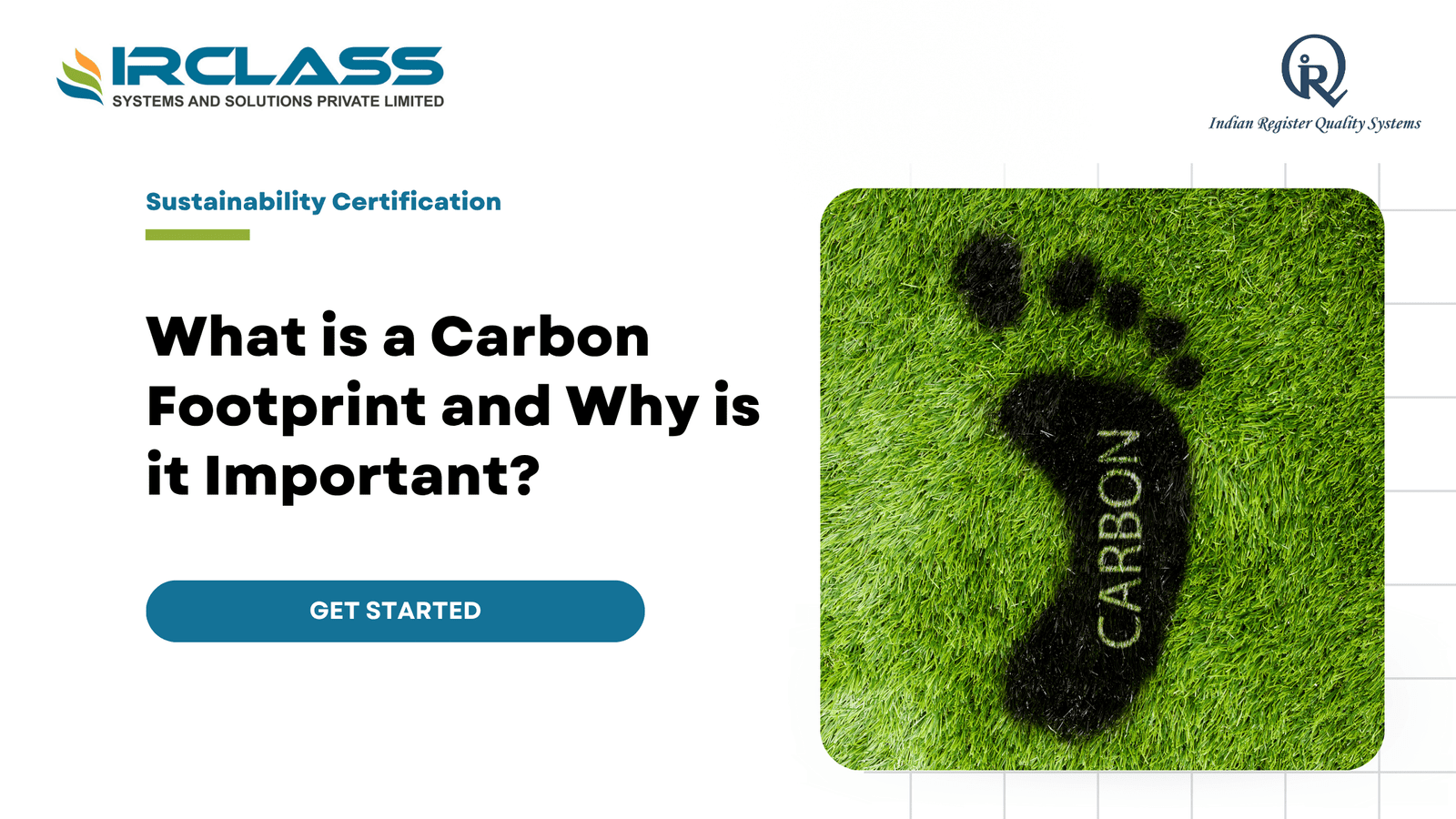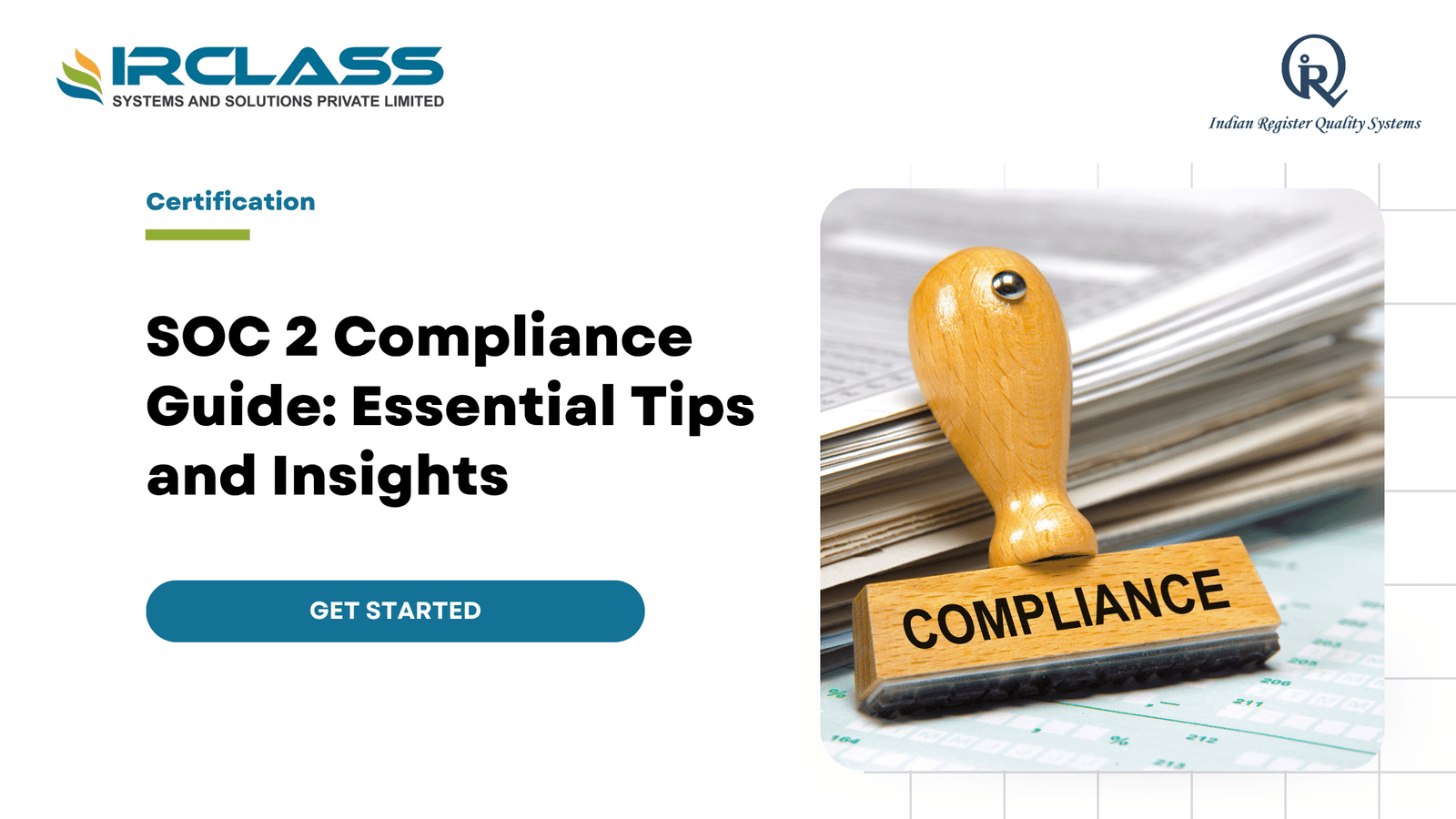Tag: What are the major changes happened in IATF?

IATF 16949 vs. ISO 9001: Key Differences and Transitioning Tips
Quality management systems or QMS are vital for organizations. The system is essential to ensure that the products and services follow and live up to the expectations of the customers and meet their requirements. Simply put, it exhibits if the products or services are of high quality. ISO 9001:2015 and IATF 16949:2016 are two extensively recognized standards for quality management. However, there are multiple differences. ISO 9001 is a generic QMS standard. It is apt for all industries and sectors. Find its application everywhere – from agriculture to manufacturing. The QMS is maintained by ISO. In contrast, the IATF 16949 reflects features that make it completely different. The AITF standard is maintained by the International Automotive Task Force. Even though there are differences between IATF 16949 and ISO 9001, the foundation is exclusive. It means both are built on the same foundation. For instance, a company in the automotive sector can implement both ISO 9001 requirements and IATF 16949-specific requirements. Objective – The prime difference ISO 9001:2015 is an all-inclusive quality management standard, and it can be applied to any type of organization. It is apt for all organizations, regardless of size, type, or industry. The quality management system outlines the fundamental requirements for developing, implementing, and maintaining a QMS. It ensures optimal focus on customer satisfaction, continual improvement, and engagement of stakeholders. IATF 16949:2016 certification comprises a specific quality management standard for the automotive industry. It is based on ISO 9001:2015. The IATF 16949:2016 certification includes additional requirements, suitable for the automotive industry. It covers critical aspects like – product traceability, production control measures and service provision, and dynamic customer-specific requirements. IATF 16949:2016 is ideal for automotive manufacturers and product suppliers. In fact, the certification is mandatory for those operating with OEMs or original equipment manufacturers in the automotive industry. Additional requirements – Marking the difference. Both ISO 9001:2015 and IATF 16949:2016 define the prime requirements for a QMS. But there is more. The IATF 16949:2016 certification comprises additional norms and requirements, specific to the automotive industry. The prime differences in requirements are – In a nutshell – A comprehensive overview There are multiple differences between IATF 16949 vs. ISO 9001. But there is more to explore. In fact, IATF 16949 is based on ISO 9001 norms, and it combines the dynamic ISO 9001 requirements. Both certifications offer integral benefits, including – a) Efficient internal management b) Reduced wastage in production c) Enhanced efficiency, productivity, and profits d) Optimal employee engagement e) Maximized customer retention and acquisition f) Consistent production quality Transition is a critical step – Explore the details. The transition from ISO 9001 to IATF certification norms is a step-by-step journey. Experts can help you through the transition. With them, identify the diverse benefits of the updated IATF 16949:2016. The essential aspects of the transition process 1. Obtain a fresh overview of your quality management system 2. Attend the transition training courses and recognize the prime differences 3. Recognize the prime changes to enjoy the diverse improvement opportunities 4. Ensure a well-documented system and obtain an overview of the additional requirements for the quality management standard 5. Implement new requirements on leadership, risk, and context of organization 6. Review the effectiveness of the current quality control system 7. Maintain an impact assessment case study to ease the needs A straightforward approach – Realize the essentials. Transferring the IATF 16949:2016 certification is an effortless solution once you realize the vital rules. One can consult an expert and review the certification body’s contractual terms and conditions. It will help you facilitate the transition process and understand the audit cancellation policies and fees. The quality assessment specialists and service team of experts ease the requirements, helping you navigate the needs for a fuss-free certification transition. ISO and IATF certifications – Explore the benefits. IATF certifications and ISO certifications necessitate optimal effort and commitment. It depends significantly on the manufacturer. Despite the critical steps, one must focus on the following aspects and avoid inconveniences. Closing advice Make a wise choice by considering expert assistance and smoothen the transition process for certification requirements. Ease the worries with the industry specialists and enjoy their professional assistance.
5 Common IATF Certification Myths Busted – What You Need To Know
Discover The Truth Behind Misconceptions About IATF Certification, Ensuring Accurate Insights For A Successful Automotive Journey. IATF 16949 is a well-known global technical specification. It is a quality management standard that specifically focuses on the automotive industry. IATF 16949 is an enhanced version of ISO 9001:2015. The ISO framework is comprehensive and contains supplemental specifics apt for the automotive industry. It is not a stand-alone QMS. The automotive quality experts have used their decades of experience working in the automotive industry and vouched for the effectiveness of the framework. The experienced automotive quality experts have integrated the critical information and essential steps for preparing the IATF 16949 certification. One can extensively dive into the IATF 16949 standard objectives and explore the benefits of certification. According to experts, the certification is advantageous for companies in the automotive industry. One can overcome the potential challenges and utilize valuable resources to ease the journey toward certification. Learn the vital aspects related to the certification and bust the myths for a clarified overview. The essentiality of QMS – Resolve the doubts and bust the myths. The quality management system, or QMS, is an integrated collection of essential policies, procedures, documentation, and records. The process and documentation define the necessary set of internal rules. It exhibits how your company formulates and delivers the product or service to the customers. The QMS of IATF 16949 is tailored to the needs of a company in the automotive industry. Hence it is beneficial for more than one aspect. Read on and obtain an overview of the common myths for enhanced knowledge. Myth one – It is not so significant! IATF 16949 offers a global technical specification and comprehensive quality management standard for the automotive industry. Therefore, it is extensively significant for companies in the industrial sector. The ISO framework delivers an industry-specific standard from across Europe and the U.S., defining everything you need for incorporating the best practice while formulating, manufacturing, installing, or maintaining automotive products. It is an effective resource for organizations of any size and can be used by any company. The international standard helps create a system ensuring optimal customer satisfaction and improvement. Myth two – It is a complicated QMS! The IATF 16949 structure is not at all complicated. In fact, it is split into 11 sections. The first four sections are introductory, helping you decode the essentials. The last seven contain the essentials for the quality management system. There are more sections, and each clause defines the needs. One can find an efficient QMS based on a Plan-Do-Check-Act cycle. With well-defined clauses, one can implement and maintain the QMS process diligently. Myth three – It is not beneficial for you! The leading automotive manufacturers and OEMs consider the QMS insights provided by the ISO framework. The promising benefits of an IATF 16949 certification help you obtain a comprehensive overview. The IATF 16949 certification exhibits that a company has an efficient quality management system with the requirements that help maintain and boost the continual improvement phase. IATF 16949 certification also boosts customer satisfaction by emphasizing the fault management and prevention system. All these facilitate the reduction rate of waste in the supply chain. Myth four – It does not have a role in business and profits. Companies can conveniently adapt the approach of IATF 16949 and ensure optimal profit. How? Because it enhances individual processes in an organization and focuses on overall development. Applying the framework boosts the interactions of the individual processes. By following the framework, one can access the areas for improvement and recognize the resources within the organization. Avoid making wrong decisions with the efficient QMS and ensure profitability. Facilitate the process of making decisions by relying on the specifications defined by IATF 16949 QMS. Thus, it has a prominent role in utilizing the target resources. Use the specifics to rectify the organizational issues for operation and improve the overall efficiency and effectiveness. Myth five – There are no differences between ISO 9001 and IATF 16949 There are differences between ISO 9001 and IATF 16949. ISO 9001 defines the elementary needs of a quality management system for all kinds of organizations. In contrast, the IATF 16949 deals with the requirements of QMS for organizations in the automotive industry. The ISO 9001 is a stand-alone document, but the IATF 16949 needs to be implemented as an extended version of ISO 9001:2015. The framework of IATF 16949 is apt for organizations operating in the field of production and maintenance of aftermarket parts. One can also focus on the customer-specific requirements with IATF 16949. Therefore, you can spot the prominent differences between the two ISO frameworks, and it would be wrong to consider these as similar solutions for organizations. Concluding note Now you know the conventional myths related to IATF 16949. Make the best choice with an informed approach. Everything depends on the techniques followed by the organization and the expert assistance. You can connect to IRQS for an enhanced and accurate audit service. Get end-to-end and efficient audits to resolve the complexities. Make a prudent choice by recognizing the critical facts related to IATF 16949 and ease the needs. Image by rawpixel.com
Search
Useful Links
Recent Posts

What Is Carbon Footprint Verification & Why It’s Critical for Your ESG Goals

Why ESG Reporting Is the Future of Business Strategy



